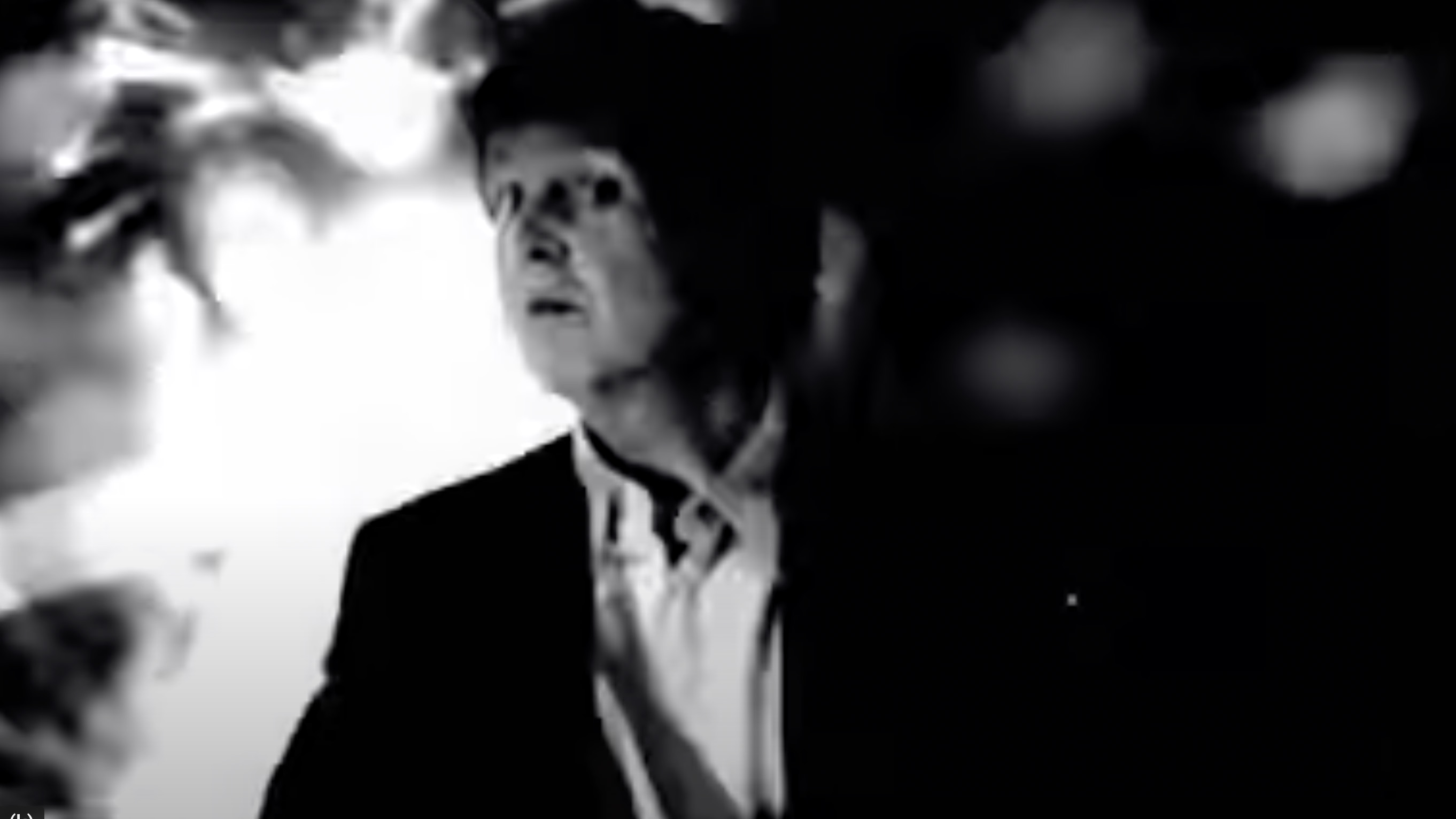
As CVs go, it's not a bad one. Youth, AKA, Martin Glover, can lay claim to production credits with The Orb, Crowded House and Pink Floyd, while his highly sought-after remixing services have benefited the like of U2, PM Dawn, INXS, James, Primal Scream and many, many more. Oh, and his bass-playing gigs include Kate Bush's seminal Hounds of Love album, Black Grape and, of course, the band which he co-founded and which saw him rise to prominence, Killing Joke.

But perhaps his most notable collaboration was also, paradoxically - at least at the time - one of his lowest-profile gigs. The Fireman eventually produced three albums - 1993's Strawberries Oceans Ships Forest, Rushes in 1998 and 2008's Electric Arguments - the first of which was entirely uncredited to either Youth or his sideman on that debut, one James Paul McCartney.
For McCartney's part, it's arguable that his best work has been the product of collaboration, ideally with a partner able to challenge 'one of the greatest songwriters in the last 100 years'. There's Lennon, obviously, but McCartney has also profitably worked with songwriting and production partners from the starry likes of Stevie Wonder, Michael Jackson and Elvis Costello to less high-profile but perhaps more challenging collaborators like Nigel Godrich and, yes, Youth.
It took away the, 'You're Paul McCartney, one of the greatest songwriters in the last 100 years' pressure
Youth
Happily then, as Youth laughs in a new interview with the excellent tape-op magazine, "I'm known as a challenging producer, or so my manager tells me. I get asked to work with artists who are difficult to work with and who get stuck in their ways. I'm quite happy to do that," though the resulting Fireman workflow sounds far from tense.
"That was a real privilege," recalls Glover. "It wasn't a Paul McCartney album. It was a Fireman album, and I was in the band. It meant I could go a little bit further than my remit as a producer and really direct it.
"We could go very experimental. On the first album, you’d be hard put to ever work out it was Paul McCartney unless someone told you.
"He's playing 90 percent of the parts on it. That's in the tradition of him and his avant-garde history. By the time we got to Electric Arguments, I was like, 'Well, we've done all that. Let's do that, but harnessed to some improvised, great songs.'"
What shines through in the interview is the rapid nature of the free-flowing workflow the duo would eventually hone.
"We would write, record, and mix two or three songs a day, and it would be a six- or seven-hour day. I'd start early. I would get in at 9am and create four different soundscapes: usually beats, basically, like a hip-hop thing from samples or whatever I felt. He'd come in at about 10 or 11, and he'd go, 'What have you got?'
"I'd play him four things and he'd say, 'Oh, I like that.' We'd start developing that, build it up, and then I'd take the sources out, if there were any, and develop them further. He'd go, 'What about this one?' He'd get straight on it and do another.
"We were doing cut-up lyric techniques, sampling lyrics from Ginsberg poems. I'd bring books of lyrics in and say, 'Pick a line, we'll write it down, cut it up, throw it up, and see if it suggests a song.'
"We made it like a game; we made it fun and quite naive. It took away the, 'You're Paul McCartney, one of the greatest songwriters in the last 100 years' pressure. Let's have some fun, see what happens, and see if some magic comes out."
For much more on Youth's storied career, check out the full interview at tapeop.com







